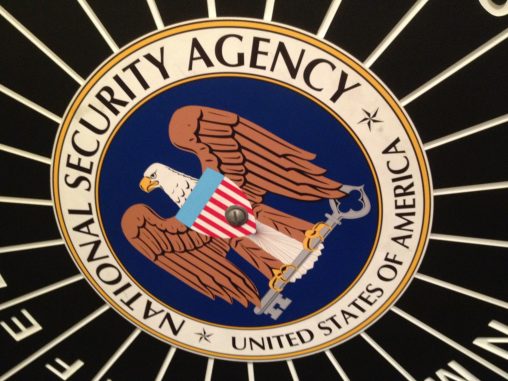As revelations continue about the US Government capturing and monitoring online activities and communications, I'm glad (and, ok, only a little bit smug) to see that more conversations are happening about just what privacy expectations we should give up by using modern Internet tools and services.
Most of the mainstream conversation has been focused on what information "big data" companies like Google, Twitter, Facebook and Apple do or don't hand over to the government and under what circumstances, and debating where those lines should be.
The built-in assumption here is that it's inevitable that these are the companies that will continue to have access to our private information and communications. I grant that it's a pretty safe assumption - I don't foresee a mass exodus from Facebook or a global boycott on iPhones - but I do think it's important to note that this is a choice we are making as users and consumers of these services. We are the ones who click through the "terms of service" and "privacy policy" documents without reading them so we can get our hands on cool free stuff, we are the ones who are glad to entrust our intimate exchanges to technology we don't understand.
A certain amount of naiveté about the security and privacy implications of the tools we use is understandable here. When I've given presentations on email privacy and security issues, some attendees are legitimately gasping at the new understanding that their e-mail messages are traversing the open internet as plain text messages that can potentially be read by any number of parties involved in the management of those servers and networks. The average user probably assumes that the Internet was designed from the ground up to be a robust and secure way of conducting financial transactions and sending suggestive photos of themselves to amorous contacts.
Continue reading "I have read and agree to the terms of service"




